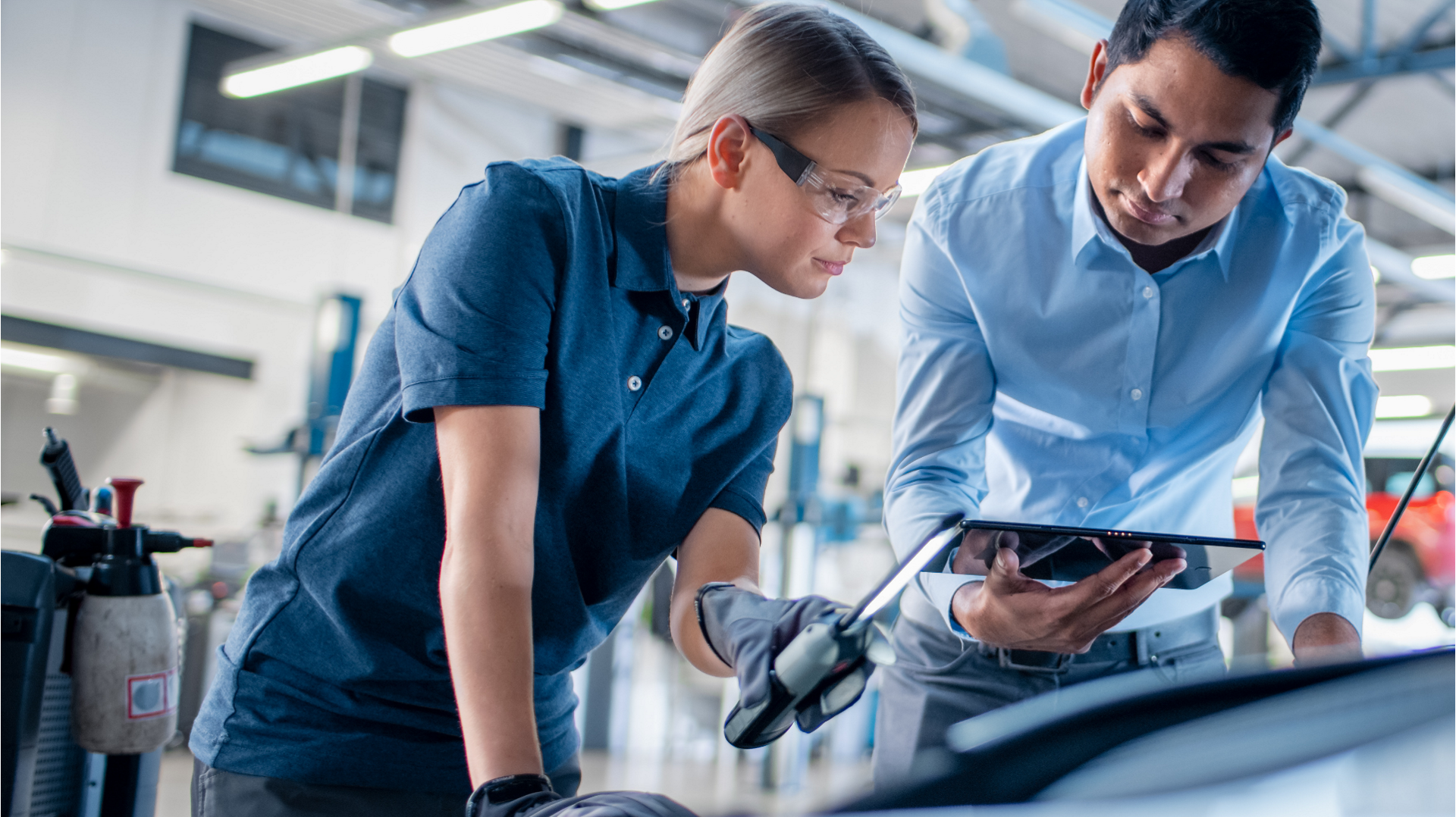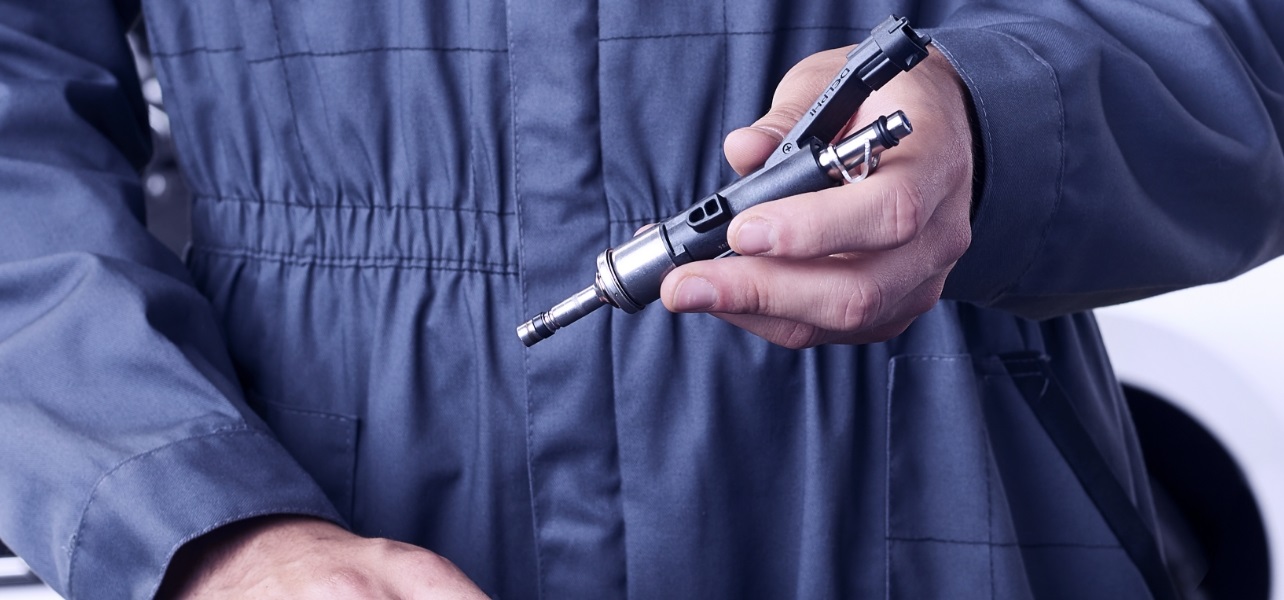Resource Highlights
As a mechanic, there are certain parts of a light commercial vehicle (LCV) you should play close attention to. These are areas that can frequently develop faults, and that your customer will expect you to fix.
We’ve compiled a comprehensive checklist to help you plan what you need to service and maintain:
- Engine and transmission
- Filters
- Suspension and steering system
- Air conditioning (if present)
- Clutch control
- Electrical system components
- Correct exhaust function
- Entire brake system
- Correct functioning of the emergency brake
- Power steering fluid
- Brake fluid
- Wiper fluid
- Transmission fluid
- Oils and defrosting system
- Taillights and brake lights
- High and low beams
- Turn signals and reverse lights
- License plate illumination
- Tyre to wheel match
- Tyre tread depth
- Wheel alignment
- Tyre conditions, including embedded objects and cuts
- Spare tyres
- Emergency tyre change kit
- Horn – functioning correctly, and loudly enough
- Seat belts
- Gauges
- Fan
- Presence of health and safety equipment needed
- Integrity of glass all round
- Window control system
- Wiper system
- Driver and passenger side mirrors
- Inside mirrors
Why servicing LCVs is different to servicing passenger vehicles
Light commercial vehicles are often reasonably close in design to passenger vehicles, meaning that your workshop can usually adapt to service them easily. But there’s one key difference that should alter your approach.
LCVs are essential to an owner’s business, and the need to keep the vehicle in peak condition is crucial. When you service an LCV, the owner will expect that their vehicle will keep running for as long as possible, because time out of service means time out of their business. It’s the job of you and your workshop to keep downtime to an absolute minimum – and your customer will thank you for it.
Encourage your LCV customer to stick to a regular servicing schedule. Remind them that by doing so, they’ll avoid the possibility of breakdown due to avoidable problems. Servicing should be thought of as an investment, not a chore.
The benefits of light commercial vehicle maintenance
There are plenty of other benefits of regular LCV maintenance for your customers. Talk these through with them, so they’ll understand the value of frequent servicing:
- Reduced annual insurance
- Increased vehicle life
- Reduced depreciation
- Better protection of cargo and contents
- Improved fuel consumption and reduced fuel costs
- Meeting standards required by law
- Improved road safety
LCV diagnostics – a vital skill
Modern LCVs, just like cars, incorporate an increasing array of computer systems. For this reason, mastering the diagnostic tools needed to service them should be a fundamental part of your training and development. Delphi Technologies offers a range of diagnostic tools to suit most makes and models, as well as training courses that can get you as a mechanic up to speed quickly.
SIGN UP
TO FIND OUT MORE
Fill out your details to hear more from our experts and get the latest updates from Delphi.




